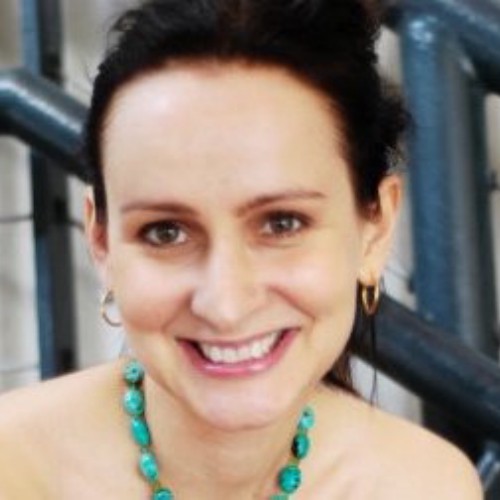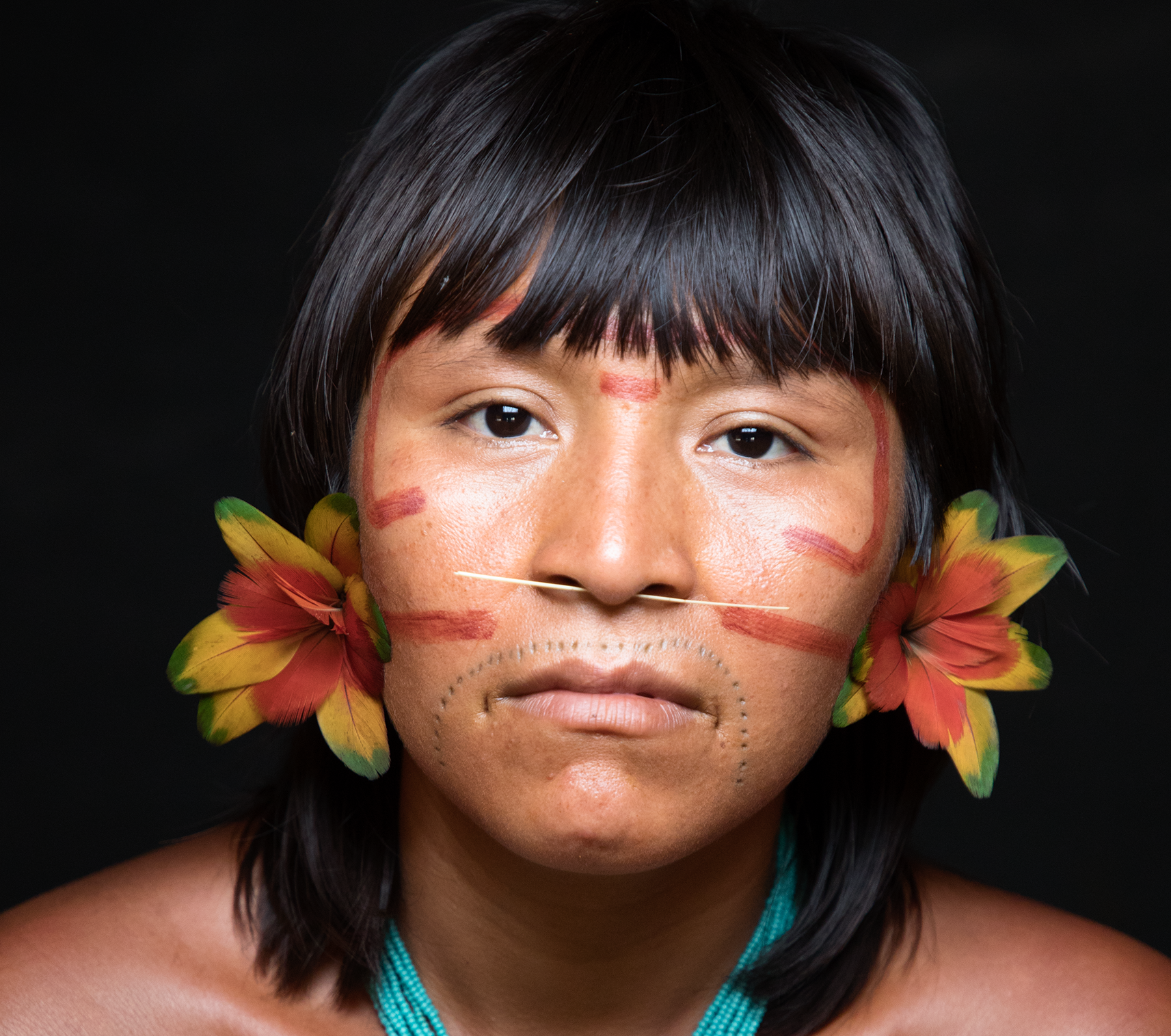I’ll admit I had a lot of expectations going into ‘Woman’ by Yann Arthus-Bertrand and Anastasia Mikova. The follow up to the 2015 film called ‘Human’ which became a multimedia project spanning continents and spread across different mediums — online, on TV as well as on the big screen — carried the extra burden of being a film meant to explain my gender, to me — a woman.
But once the first interview of the film played, I was spellbound and managed to write down very little in terms of notes. I remember pearls of wisdom like “violence only thrives in silence” and a transgender Italian woman saying that she gave herself a gift, womanhood, which all other women take for granted. When that happens, I put down my pen and watch a film with my heart and soul, that means it’s spectacular.
What makes the film so wondrous is of course the collection of work, more than 2,000 women being interviewed by Arthus-Bertrand, Mikova and their team across 50 countries. But there is an unspoken quality to the film — which this time around runs the length of a feature documentary unlike ‘Human’ which was many hours long — that really allows the viewer to walk home after viewing it, and bring it into their daily life thereafter. It’s amazing how differently I look at my women friends, co-workers and family members since watching ‘Woman’.
The film premiered at this year’s Venice Film Festival and will enjoy a global launch on March 8th 2020, on what is traditionally International Women’s Day.
As I sat down with Arthus-Bertrand and Mikova in Venice I found the duo facing an uncertain future, despite the great corporations that have supported ‘Woman’ — companies like BNP Paribas, LVMH, Total as well as the NGO Claude and Sofia Marion Foundation. Global distribution entertainment companies like Netflix and Warner Bros. don’t want to even view the film, it turns out. And when I personally pitched this cool interview to various editors I work with, the answer was either silence, or some sort of silly excuse.
It seems that we only want women’s stories where we are the victims, not the heroines.
And ‘Woman’ turns us all into everyday heroines!
There is also a particularly poignant moment in the film, courtesy of the late Peter Lindbergh (who passed away the day after my interview) who photographed women of different ages and body types in the nude for ‘Woman’. Instead of what could have turned into an exploitive naked segment within a perfectly made film, Lindbergh — who always insisted his subjects were more beautiful without retouching and highlighted their personal imperfections — showed us real female beauty. Enough so that I now look at my own body with a brand new set of much kinder eyes.
I urge you to insist in any way you can, by any means necessary to view the film. Write to your favorite streaming service or your local multiplex, that ‘Woman’ be shown where you are on March 8th. It will change your life too.
Following is my chat with the filmmakers, uncut.
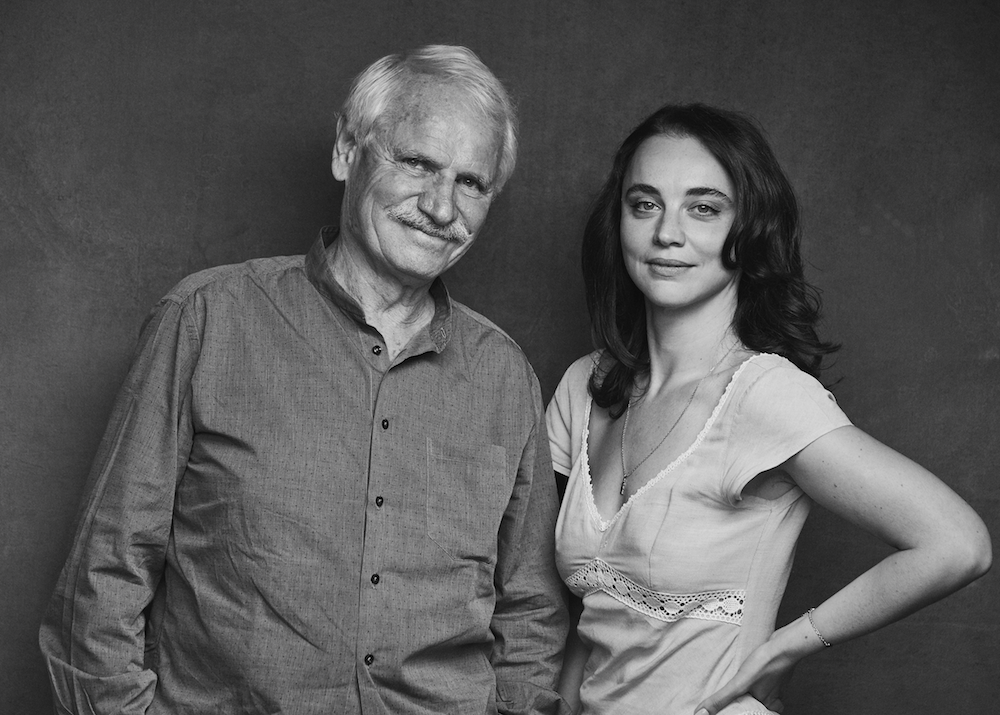
What made you decide to co-direct ‘Woman’ together?
Yann Arthus-Bertrand: For me it was absolutely evident that we had to work together on Woman. When you are a director, you are in the process of creation all the time. In my head all the time I’m thinking of what I’m going to do next. This never stops so finishing ‘Human’ we decided together that we had to work on a woman project. We don’t talk a lot about why we were doing it, it was just “yes, we have to do it,” that’s all. I choose Anastasia because it was impossible to make a movie on women as a man. It would have been ridiculous and I don’t want to be ridiculous. So Anastasia came to help me to be a better man on this movie.
And you have to share. I love to share my ideas, I love to share my artistic views, I have worked with Anastasia for twelve to thirteen years so we know each other quite well. And she was amazing also because she is a woman, and the whole team was made up of women — 20 girls and only two men. Me and the producer.
I felt right to be quiet and leave her to make this movie.
Anastasia Mikova: (jumps in) Quiet? Maybe not quiet but to leave me more space…
I think the problem that we have today is that we’re too politically correct nowadays. So we don’t accept the prospective from a male POV.
Arthus-Bertrand: This was not politically correct but there are so many things I don’t know! Like I said, and I’m not proud of this, I’ve changed my mind about my mother, about my wife, about my sisters after looking at all these interviews — thousands of interviews. I changed my mind completely. I’m a better man I think after this movie.
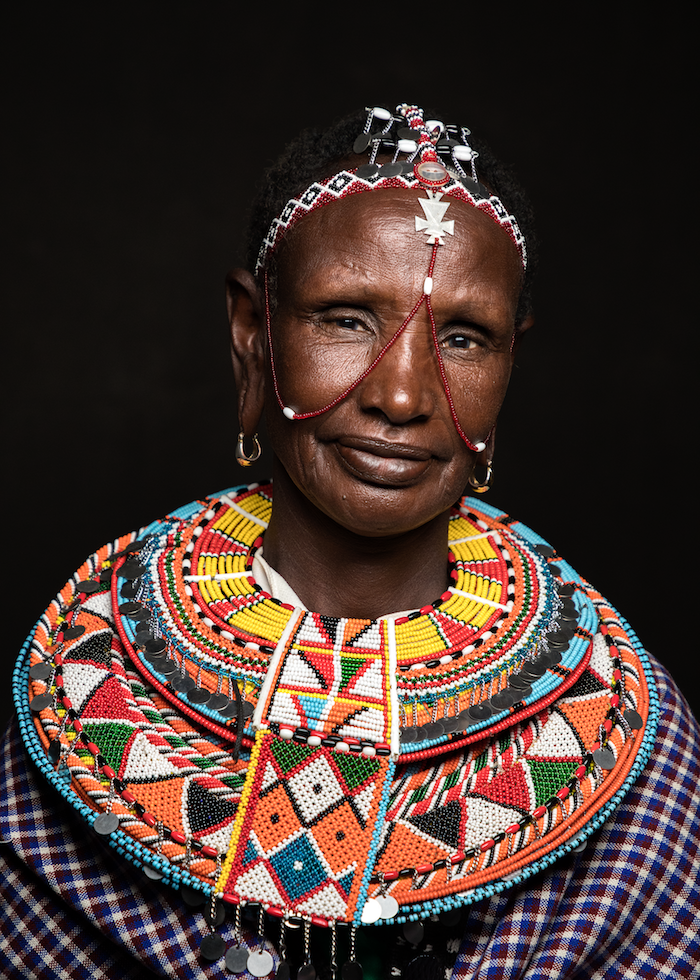
I’m a better woman after this movie too! You look at this and you change your mind about womanhood.
Mikova: I think this film resonates with every woman in a particular way because the mirror effects it gives is quite incredible. At least for me, while I was filming the women and for the five journalists who worked with us for the two years of production it was the same. It’s like you’re on the other end of the world, meeting someone who doesn’t have anything in common with you and you feel a connection which is obvious. And you feel you have so much in common, even though your lives have nothing to share.
How do you think the film is viewed my men?
Mikova: For men, I think the connection is quite different. Because it’s more, as Yann was saying, it’s more that you discover something. So you have all these women throughout your life in front of you, and maybe there are a lot of things that you just don’t understand, so it’s more of like a little window that opens up to a huge world that you may understand better.
You chose to approach this film in a different way from ‘Human’, which was a much longer project in film length, but also had these sprawling views of humanity. ‘Woman’ feels very intimate.
Arthus-Bertrand: That was a choice from the beginning. Everyone in my team was fed up of the arial views, I’m joking of course. But I was happy to try something new.
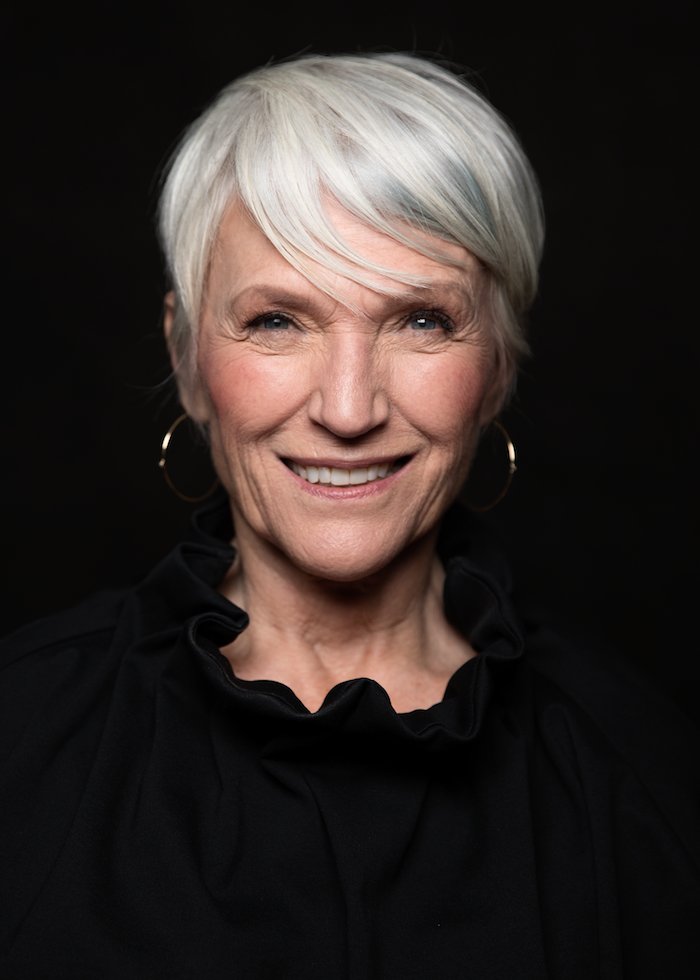
You show images that are iconically of one country but yet very recognizable. And yet are in our shared experience.
Mikova: Speaking of what you said earlier, it is an intimate film. For me it’s the clue for all the film, to understand it. Compared to ‘Human’ which was a huge epic view of the world. [In ‘Human’] I thought it was very interesting Yann’s view to bring up together these intimate interviews and then this large scale of this world where we live and we all share. Whereas with this project, as soon as we started it was apparent that it’s not that way that you can understand a woman.
To understand a woman you really need to go deep, you really need to go intimate and personal. And not only in the interview but the way you show her. And this is why we thought about what would be the inter sequences that can give that intimate portrait visually. And also women’s relationship to their bodies… All the women where you see them in the daily life and then put them in the context of their lives. All the time you’re in the intimacy of their lives and in a way, it’s a continuation of what they say in the same intimate way.
You are a cultural activist and do this to change the world around you. There are major companies that have helped to finance the film to be made but there is also a special way how the film will help to give back. Can you talk about that?
Arthus-Bertrand: The film will have a worldwide release on the 8th of March. We don’t know exactly how we will do it, it can be a big platform or lots of distributors. It can be anything, we are open, for Women’s Day. I’m open to everybody. In France we found a distributor easily but in the States we don’t have one. Netflix doesn’t want to see the movie. I don’t understand… I pay for Netflix every month… But I have to tell the truth, because I think this movie is more than us, more than me. It’s something else behind us.
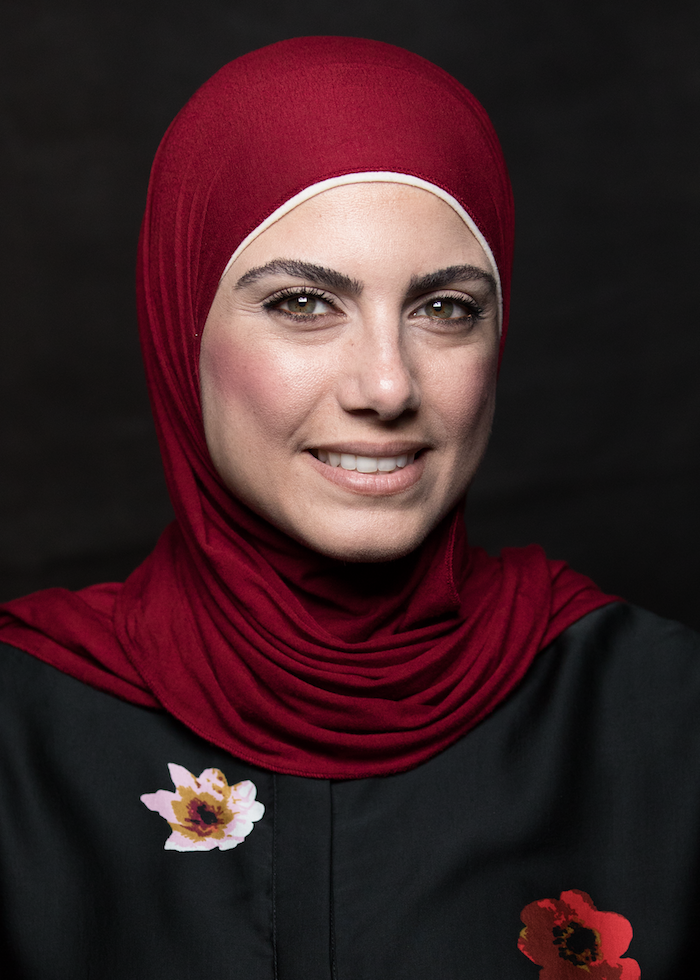
Mikova: The main sponsor for this film are big French groups like BMP Baribas and LVMH, people like that and what is interesting since these are big companies, it’s interesting for them to use a film like this. On a smaller scale it’s the world — men, women and the problems we have as a society. Just by showing a small trailer of 20 minutes you could see all the discussions it created in the groups. In some the women would start to write, you know in my family I have this happen, or I’ve been experienced that in my family. It inspires people to think about it and to build things differently — because these are major groups that can make change happen.
Also what is great is that they are giving us the money without expecting anything in return. So it means that the fund doesn’t need to bring back that money and that’s why we can show it all around the world, we can do a lot of screening with NGOs and we have also created an NGO which is called WOMAN(s) and with it we’ll finance women from all around the world to train them for media professions. So they can spread the word themselves and this becomes a cycle that doesn’t stop just at the film. It goes beyond it.

